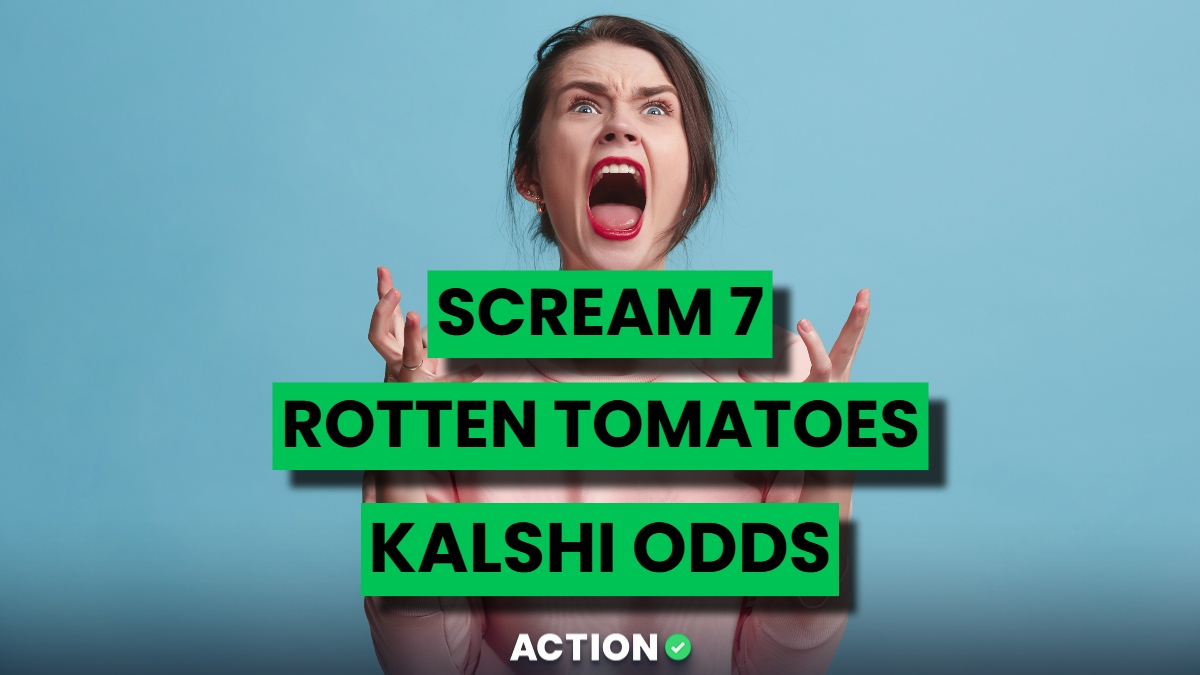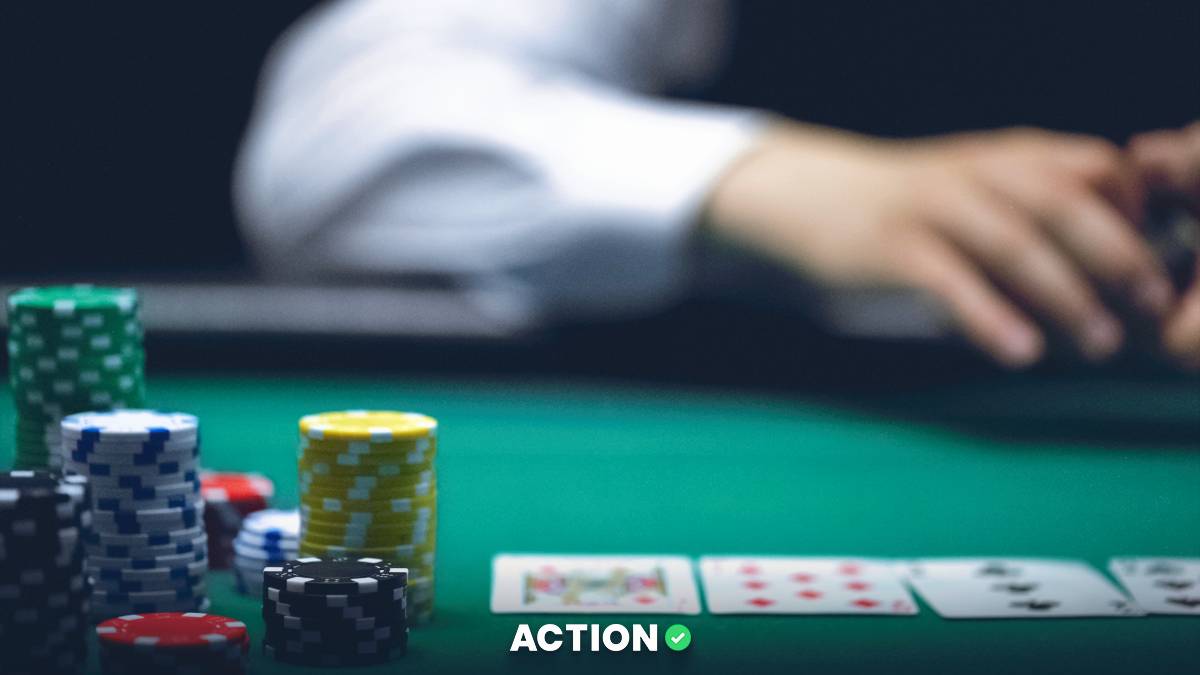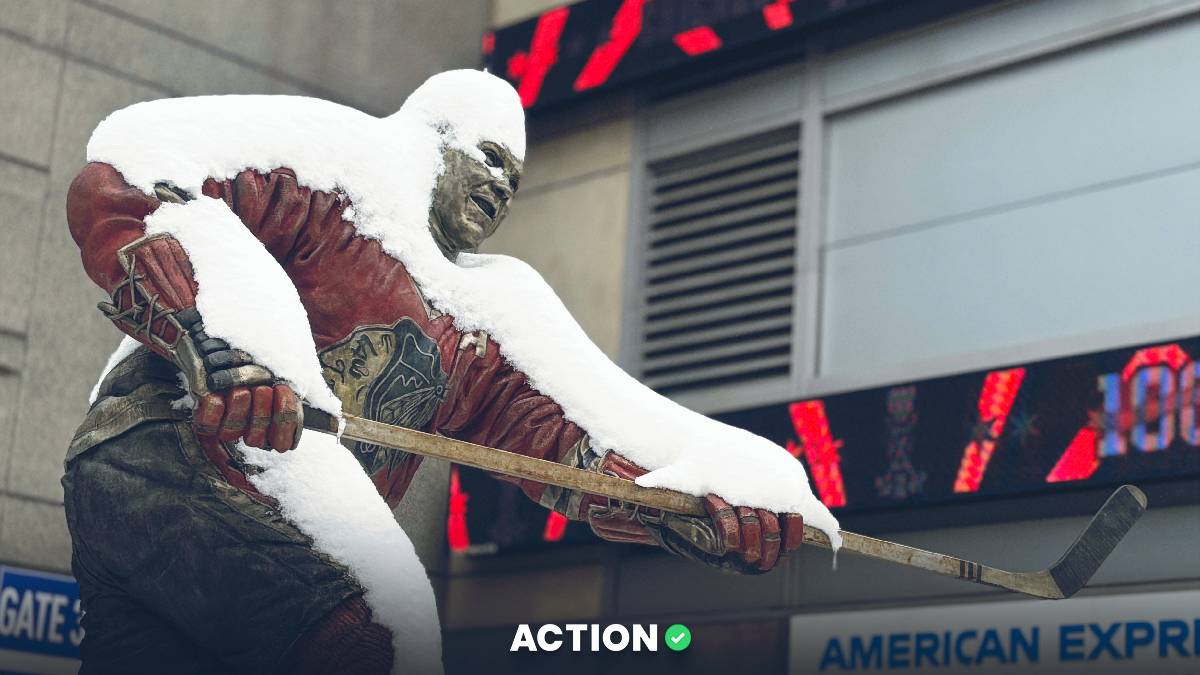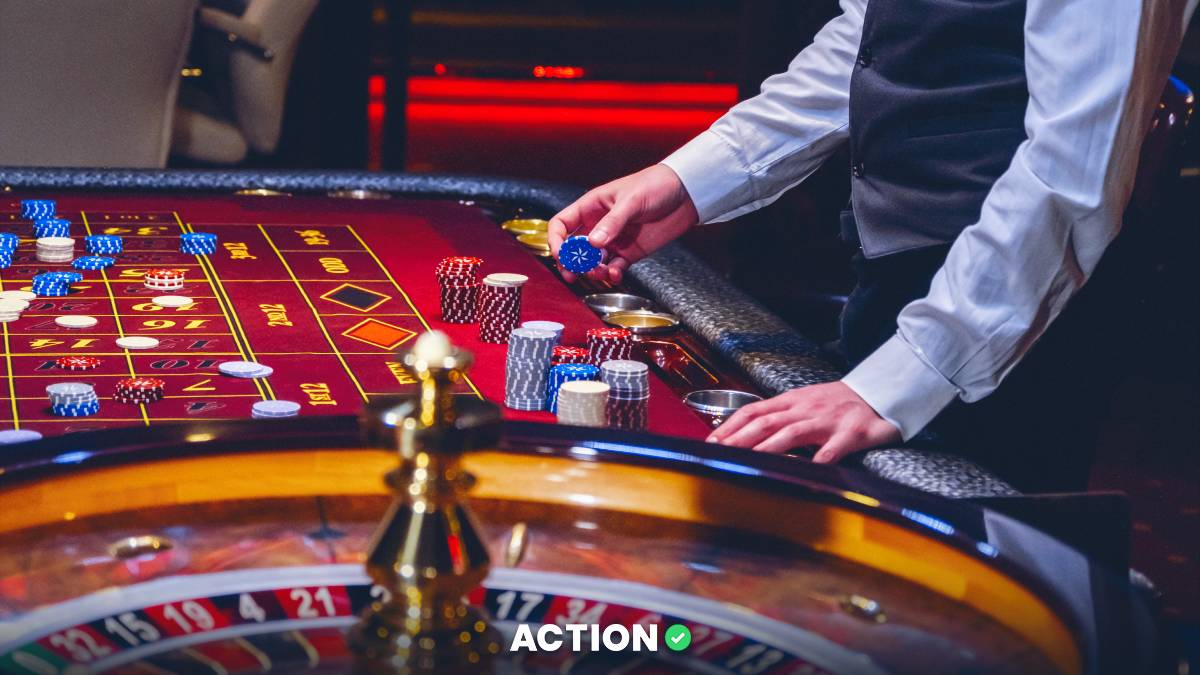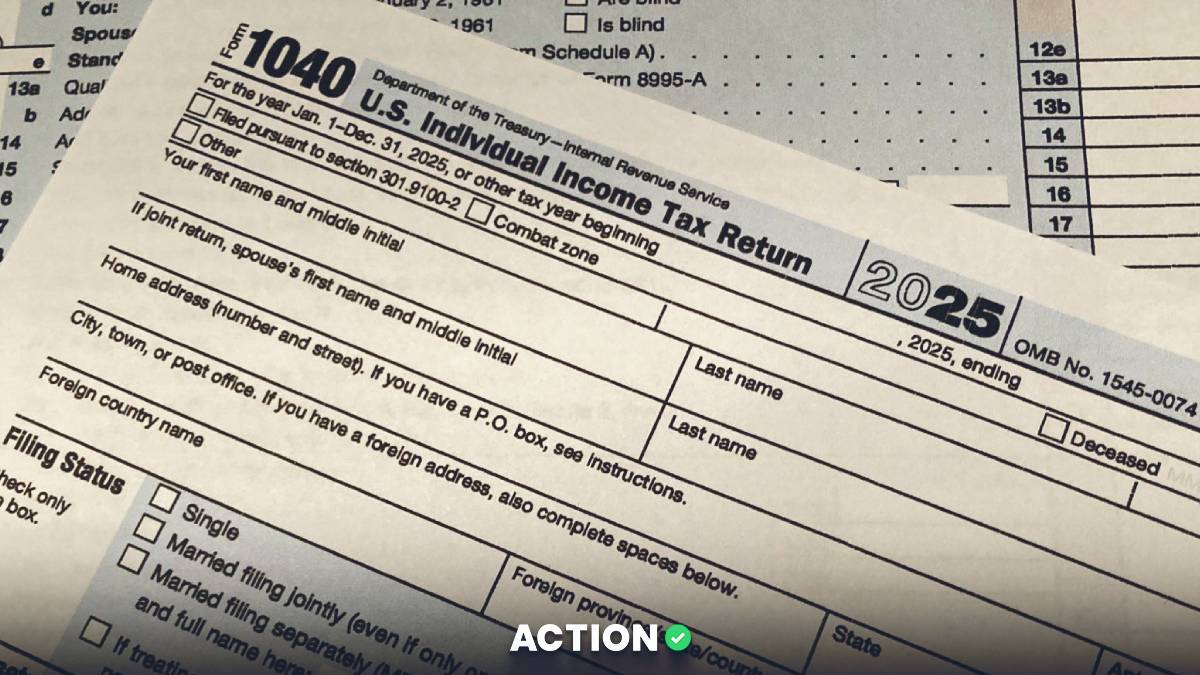Billy Walters is, by most accounts, the greatest gambler in American sports betting history.
The man says he has won for 36 years betting on sports — and he has the tax records to prove it.
Walters has also said — in his new book “Gambler: Secrets From A Life At Risk," co-written with Armen Keteyian — that Phil Mickelson bet more than $1 billion over his lifetime, including at least $313 million when the two worked together as betting partners. Walters writes that Mickelson amassed roughly $100 million in losses over that time frame.
When the Action Network spoke to Walters in a wide-ranging interview ahead of his Tuesday book release, we asked if that made Mickelson perhaps the biggest gambler in American history.
“I don’t know anyone individually that has ever bet more than Phil Mickelson,” Walters said, excluding syndicates and similar organizations.
Watch the full interview with Billy Walters below!
Walters hasn't seen everything and can't know of every bettor, but he has seen more than almost anyone since he made his first bet in 1955 — at the age of nine — on the Yankees to win the World Series.
The Yankees had won six World Series over his short lifetime. The $125 he made by mowing lawns was pushed all in.
He lost it all when the Brooklyn Dodgers won Game 7 at Yankee Stadium, the team’s only title in Brooklyn.
“When I lost the money, it made me more determined to come back,” said Walters, who grew accustomed to being broke countless times.
Walters got ahead in the 1980s when he joined a group called the Computer Group, as whiz Michael Kent disrupted the sports betting industry with computer engineering and data analysis.
But it wasn’t just the actual betting strategy that made Walters as good as he was — it was his methods of deception, the ability to disguise who was actually making the bets and his unique approach that kept him above his competitors.
Until Walters arrived in Las Vegas in 1982, pro bettors would typically make most of their moves earlier in the week to catch the best line. Walters changed that all, willing to bet later so he could get the max money down.
He also pioneered a strategy called the head-fake, employed by sharp bettors across the ecosystem now. Elementally, the blueprint involved betting on one side in order to shift the market — it often did when Walters made a wager — then placing a much larger bet on the other side once the odds are in your favor.
“I wasn’t interested in making a small amount of money,” Walters said. “I was interested in making a large amount of money. … Maybe we got a smaller percent advantage, but instead of betting $10,000 or $20,000, I’m betting maybe $1 million or $1.5 million or $2 million.”
Eight years ago, Walters’ business, he said, had some 1,700 different accounts and employed about the same number of people in Las Vegas to physically place those bets.
“You have to figure out how to do that today, tomorrow, this week, next year,” said Walters. “Handicapping sports and identifying positive opportunities that was the easy part. Managing the markets and being able to bet a significant amount of money for a long period of time. That was the hard part.”
The biggest bet Walters ever made was for Super Bowl XLIV in 2010 when the New Orleans Saints played the Indianapolis Colts. The Colts were a 4.5-point favorite, but Walters' team actually had the Saints as 2.5-point favorites.
“The discrepancy between the number the oddsmakers had and the number we made was seven points off,” Walters said. “At that point in the NFL season, playing for the Super Bowl, it’s unheard of to have a seven-point differential in the number we make and the number the oddsmakers make. Normally, we would be within a point or a point and half.”
The Saints won by 14 points, 31-17.
That Walters made it to 77 years old is, in and of itself, an against-all-odds story. He was held at gunpoint multiple times during his hustling days, locked in a trunk and threatened by the mob. At 71, he began serving a 31-month sentence for insider trading in a jail in Pensacola, Fla. that he says had non-existent medical care and cafeteria food he only ate seven times.
“When I was 32 years old, I was with three friends, and we were drinking,” Walters recalled. “We were putting up overs and unders on how long people were going to live for. They put the over/under on me at 35. And no one was putting money on the over.”
Walters started betting on himself at six, playing penny nine-ball at his uncle’s pool hall in Kentucky. If he could have continued doing so, he would've preferred that route — betting on himself.
“But I ran out of things I could bet on myself," Walters said. "When you bet on others, you don’t know what they did last night, what they had for breakfast or whether they will dog it under pressure."
Throughout his life, Walters' gambling took on many forms — from pool hustling, to buying cars, real estate and making massive bets on the stock market.
Walters went to jail for allegedly having knowledge of particulars surrounding Dean Foods and making trades on that information. Mickelson and legendary investor Carl Icahn were also inundated by the scandal, but both avoided major sanctions.
Walters maintains that what the government says occurred did not happen, and he says Mickelson told him he told the FBI he didn’t do what they said he did but refused to back him publicly.
For what it’s worth, Walters says he thinks sports betting is more fair than the stock market.
“I think it would be impossible to completely regulate everything that is going on in the stock market,” Walters said. “I think there are too many people, too many companies. Sports is much more regulated.”
Enough so regulated that Walters believes games being fixed is a complete non-issue — one that's ginned up by losing bettors to make themselves feel better about their losses.
"I'm not concerned at all about games being fixed. If it happens, with the way sports are covered today, it would get picked off just like that," Walters said while snapping his fingers.
The main problem Walters sees today? It’s hard to get down money at the leading legal books, who he says are scared of temporary big winners.
“Imagine if every time someone won at baccarat three nights in a row, a casino kicked him out,” Walters said. “And a guy shot craps and got a hot hand, and they kicked him out. Same for the guy who won three nights in a row at blackjack. If they did that, the casino would look like a morgue.”
Walters maintains that the mistake of these big sportsbooks is that their fear obscures the fact that the majority won’t be lifetime winners.
“The number of people who can beat you betting sports and give you a volume of business with the NFL, college football, college basketball and baseball is less than 1 percent,” Walters said. “If you are afraid to book the NFL, you need to close up shop. If you are afraid to book college football, you need to close up shop. If you are afraid to book college basketball, you need to close up shop.”
Walters closed up his own shop in 2016 to ready himself for his trial. So how would he fare in today’s sports betting world? Gone are many of the advantages Walters had — the computers and the power rankings are now standard among bettors.
“I’m still confident I can beat the game," Walters who still bets though not for a living, affirmed.



